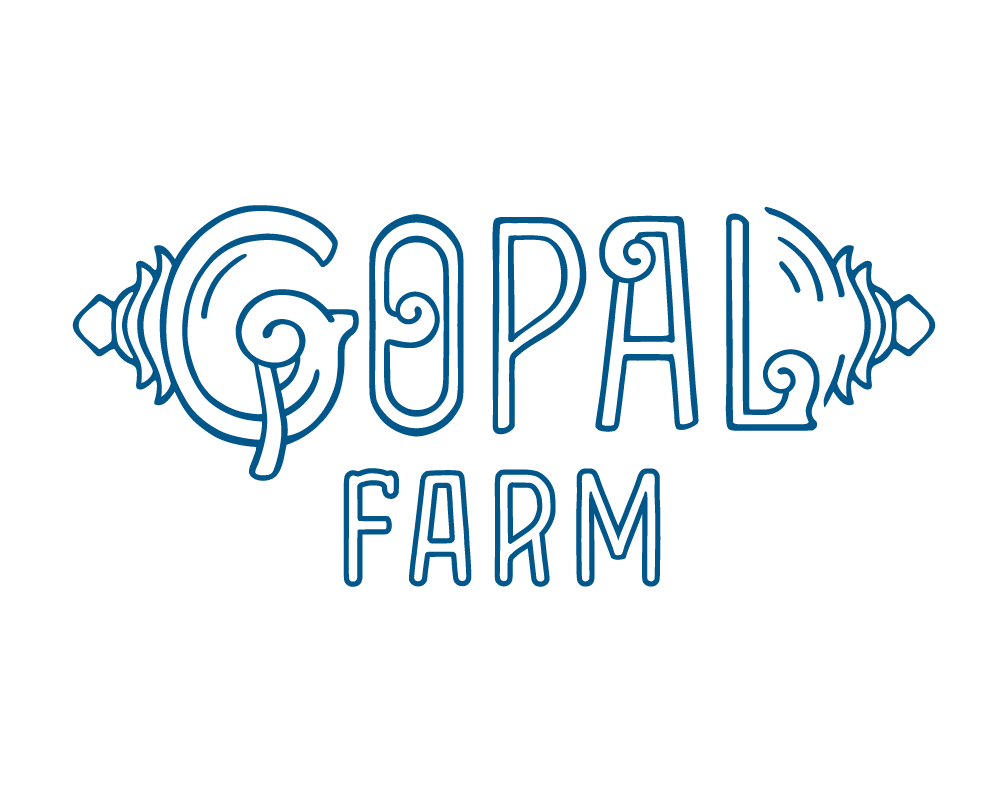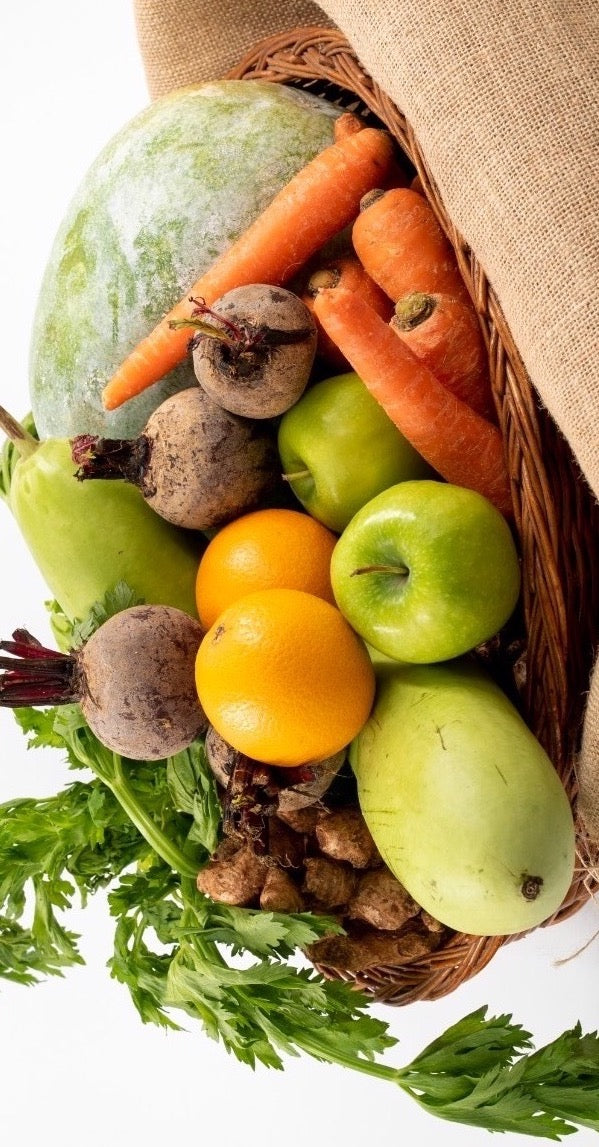https://en.wikipedia.org/wiki/Community-supported_agriculture
Community-supported agriculture (CSA model) is a system that connects the producer and consumers within the food system more closely by allowing the consumer to subscribe to the harvest of a certain farm or group of farms. In return for subscribing to a harvest, subscribers receive either a weekly or bi-weekly box of produce or other farm goods. This includes in-season fruits and vegetables and can expand to dried goods, eggs, milk, meat, etc. Typically, farmers try to cultivate a relationship with subscribers by sending weekly letters of what is happening on the farm, inviting them for harvest, or holding an open-farm event. Some CSAs provide for contributions of labor in lieu of a portion of subscription costs.
The consumer pays for things such as transparency, environmental stewardship, producer relationships, etc.
CSAs generally focus on the production of high-quality foods for a local community, often using organic or biodynamic farming methods, and a shared risk membership–marketing structure. This kind of farming operates with a much greater degree of involvement of consumers and other stakeholders than usual — resulting in a stronger consumer-producer relationship. The core design includes developing a cohesive consumer group that is willing to fund a whole season's budget in order to get quality foods. The system has many variations on how the farm budget is supported by the consumers and how the producers then deliver the foods. CSA theory purports that the more a farm embraces whole-farm, whole-budget support, the more it can focus on quality and reduce the risk of food waste.
Community-supported agriculture farms in the United States today share three common characteristics: an emphasis on community and/or local produce, share or subscriptions sold prior to the season, and weekly deliveries to members/subscribers.
The functioning of a CSA also relies on four practical arrangements: for farmers to know the needs of a community, for consumers to have the opportunity to express to farmers what their needs and financial limitations are, for commitments between farmers and consumers to be consciously established, and for farmers needs to be recognized.
Shares are distributed in several different ways. Shares are most often distributed weekly. Most CSAs allow share pick up at the farm. Shares are also distributed through regional dropoff, direct home or office dropoff, farmers' markets, and community center/church dropoff.


